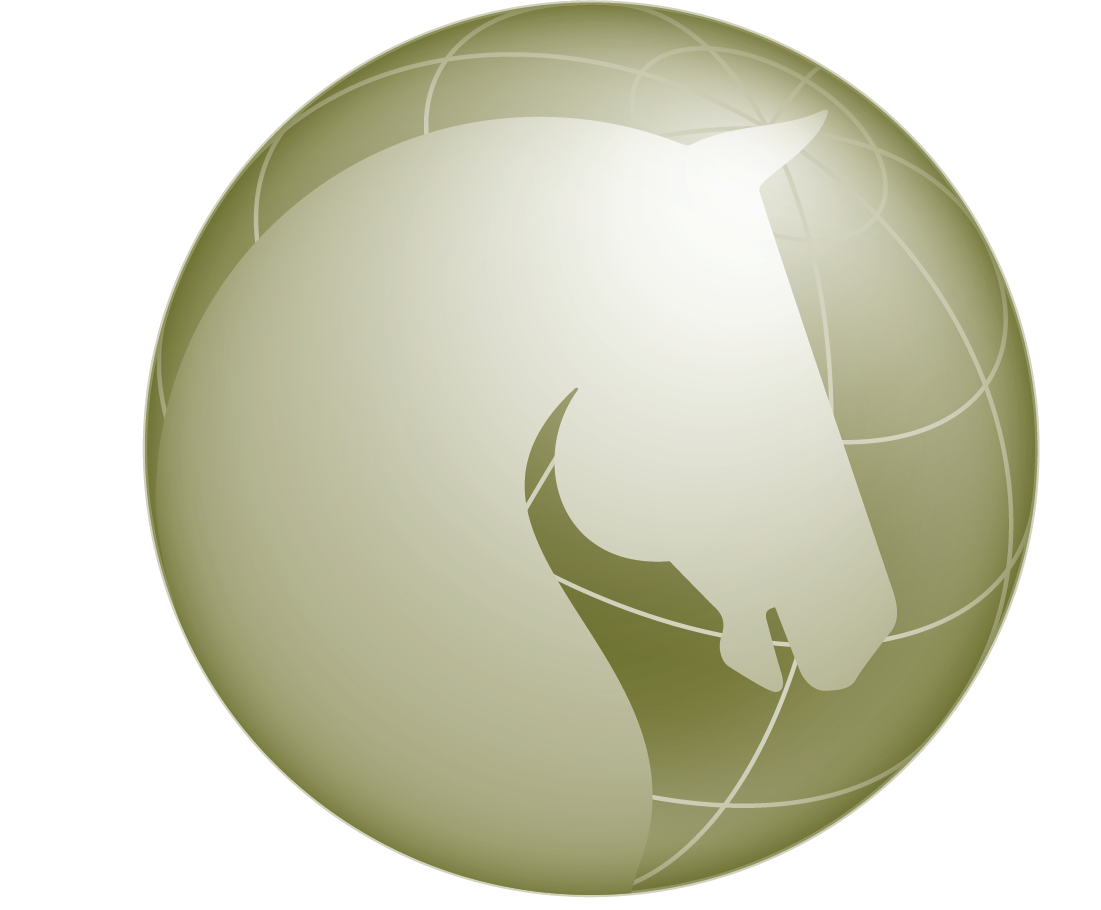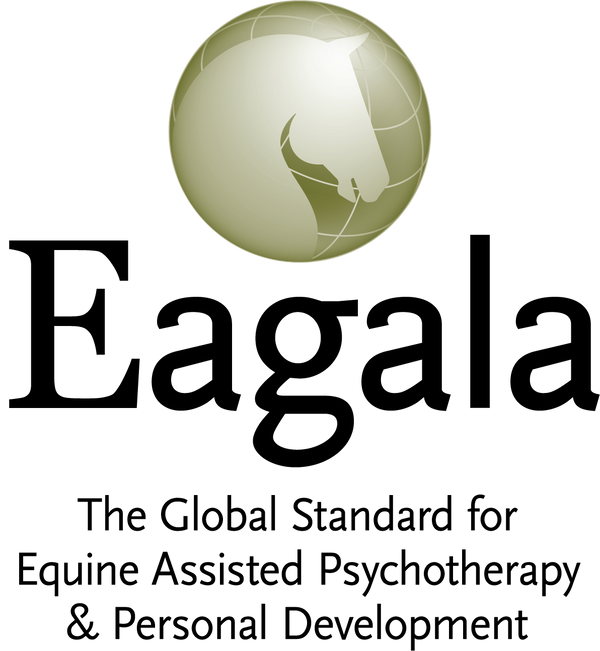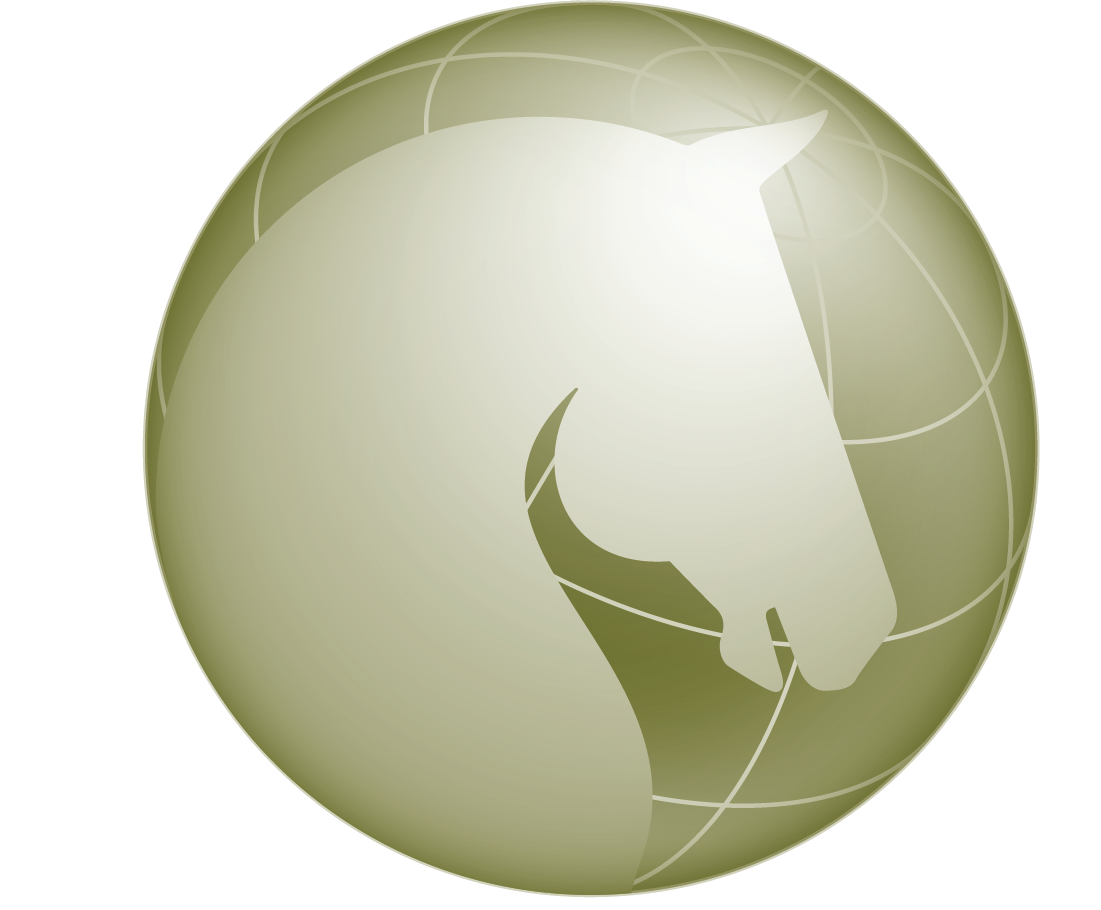Eagala
Horse Walks on Water: Impossible or Innovation by Sharolyn Wallace & Charlie Bowman
Horse Walks on Water: Impossible or Innovation by Sharolyn Wallace & Charlie Bowman
1 CEU
Click Here to Register and Pay
Presenter Name: Sharolyn Wallace, PhD
Licensure Credentials: PhD, LCSW, RPT-S, IMH-E, Eagala ES/MHP
Secondary Presenter: Charlie Bowman
We know the power of the horse, or do we? What do we know about the horse’s behavior in the Eagala session? Oftentimes behaviors such as pinning of ears, whaling eyes, resting or cocked hooves, or standing square are interpreted as having distinct meaning. Some researchers have indicated that a horse can become quite stressed by dysregulated, aggressive, and impulsive behaviors demonstrated by
the humans in their presence (Craig, Nieforth, Rosenfeld, 2020). What does the research of physiological impacts of equine involved in EAP/EAAT suggest? This workshop will explore current research as well as anecdotal comparisons of Equine Specialists and other people with extensive equine experience. Hultsjo and Jormfeldt (2022) noted that participants in an equine-assisted group therapy often identified the horse with several unique qualities. These characteristics include the horse as having the power to heal, create leadership qualities, create mutual friendships, and increase one’s personal awareness. Is this possible or is this innovation in the form of EAP/EAAT? Emily Kieson (2018) noted the need for studying the connection between animal-human interactions and animal-assisted therapies to explore “how animals perceive their human counterparts and the use of positive reinforcement.” In a study conducted by Ayala, Carrillo, Iniesta, and Ferrer (2021) to assess physiological and behavioral parameters related to horses and human welfare, “the equine-assisted therapy sessions do not produce any kind of stress in horses different from that produced by any activity or external stimulus.” Exploring the power of the horse and the role of the horse in the Eagala session will be discussed with particular attention to current research and experience.
Objective 1: Participants will discuss current perspectives related to equine-assisted activities and psychotherapy on the horse.
Objective 2: Participants will analyze research findings related to the animal-human connection.
Objective 3: Participants will assess and describe two horse behaviors related or perceived connection to equine stress.


